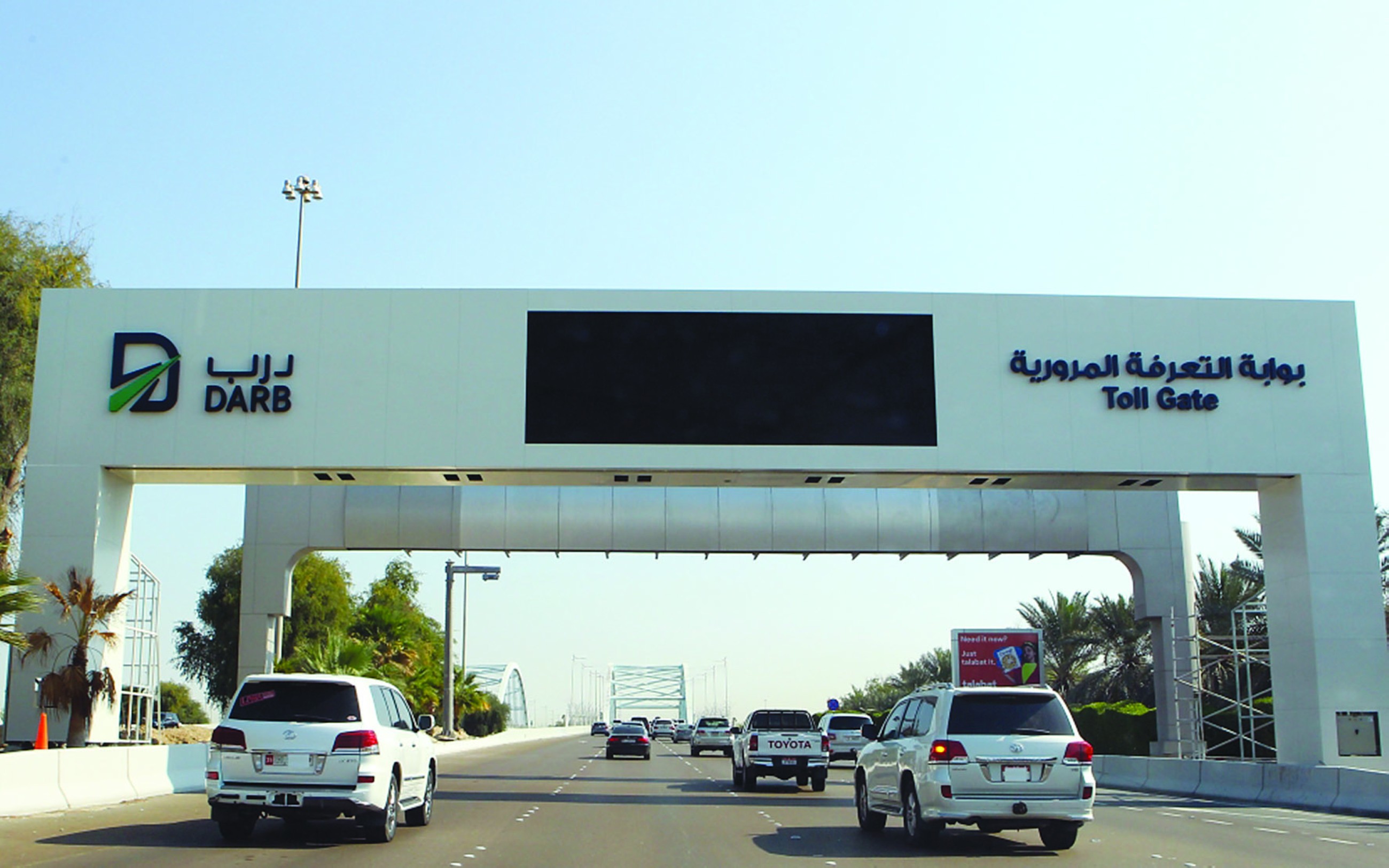New Toll Adjustments Across Abu Dhabi: Aiming for Enhanced Traffic Flow
The recent announcement by the Integrated Transport Centre (Abu Dhabi Mobility), which operates under the auspices of the Department of Municipalities and Transport, reveals that significant amendments to the road toll tariff timings in the Emirate of Abu Dhabi will take effect starting September 1. This strategic move aims to alleviate congestion on major thoroughfares during peak hours, thereby enhancing traffic flow for residents and visitors alike.
Under these new regulations, the evening toll period has been adjusted to run from 3:00 PM to 7:00 PM, while the morning toll period will remain unchanged, continuing from 7:00 AM until 9:00 AM, applicable Monday through Saturday. Notably, toll charges will continue to be waived on Sundays and official public holidays, which is a critical consideration for many residents who plan their travel schedules around these times.
Perhaps the most pivotal change introduced through these amendments is the removal of previous daily and monthly caps on toll fees for private vehicles. Previously, motorists faced a ceiling of 16 Dirhams per day or a monthly cap of 200 Dirhams for their primary vehicle, with reduced ceilings for additional vehicles (150 Dirhams for a second vehicle and 100 Dirhams for a third). The elimination of these limits signifies a shift in policy, emphasizing a usage-based fee structure. Under the updated rules, a charge of 4 Dirhams will be imposed each time a vehicle passes through a toll gate in Abu Dhabi, which could lead to variable monthly costs based on individual driving habits.
This adjustment represents not only a potential increase in revenue for the local government but also a profound shift in how road usage is monetized in the emirate. The logical assumption behind this change is the expectation that higher fees might encourage some drivers to reconsider their commuting habits, potentially leading to decreased traffic density during the most congested hours of the day.
An essential facet of the ongoing toll system remains the commitment to support vulnerable demographics. The existing exemption policy, which provides relief for People of Determination, low-income families, seniors, and retirees, will continue to remain in effect, ensuring that the new fee structures do not disproportionately burden the most vulnerable members of the community.
In alignment with the updated regulations, operational management of Abu Dhabi’s DARB toll system will be transitioned to Q Mobility, a subsidiary of the Abu Dhabi Developmental Holding Company (ADQ). This transition marks a significant step towards modernizing and enhancing the efficiency of the toll collection infrastructure. Q Mobility’s expertise in transport management will be crucial in implementing these updates, as it collaborates with relevant authorities to streamline the integration of new systems and ensure that the changes are well communicated to the public.
Abu Dhabi’s proactive approach towards traffic management exemplifies its commitment to fostering a robust urban infrastructure capable of supporting its growing population. As the emirate continues to undergo rapid development, the need for efficient transport systems becomes increasingly critical. The introduction of these toll amendments underscores the ongoing balancing act between revenue generation, public service, and the imperative to ensure a high quality of life for all residents.
As Abu Dhabi adapts its traffic management strategies to address urban growth challenges, the long-term impacts of these changes will undoubtedly require close monitoring and evaluation. Stakeholders, including motorists and transport analysts, will be watching keenly to assess the efficacy of these amendments in achieving the desired reduction in road congestion and the overall enhancement of transportation efficiency in the capital.
In conclusion, the new toll tariff amendments in Abu Dhabi symbolize a concerted effort to manage road congestion strategically, enhance urban mobility, and maintain support for the community’s most vulnerable groups. Abu Dhabi stands as a model for other rapidly developing cities facing similar traffic and urban planning challenges.
#UAE #AbuDhabi #BusinessNews #EconomyNews

